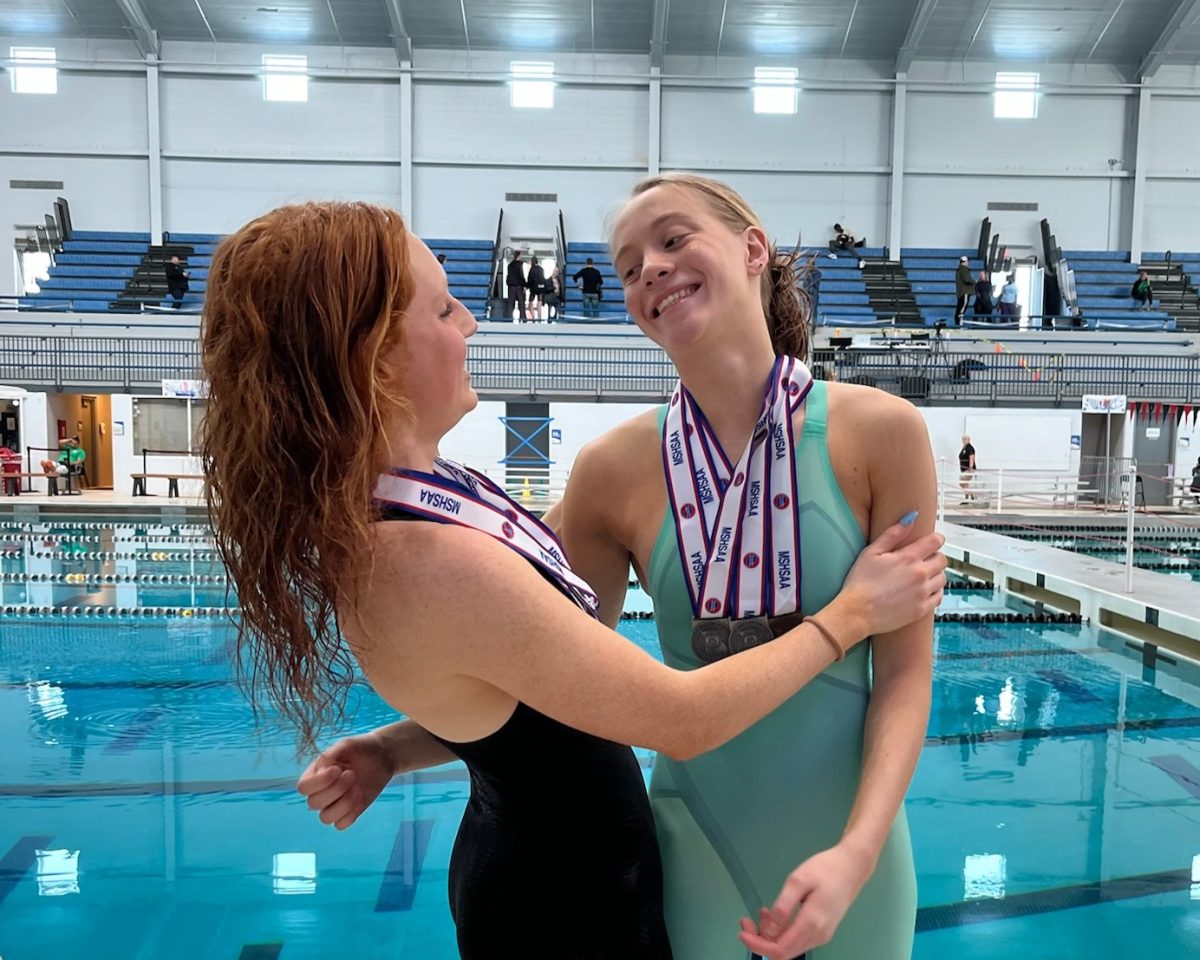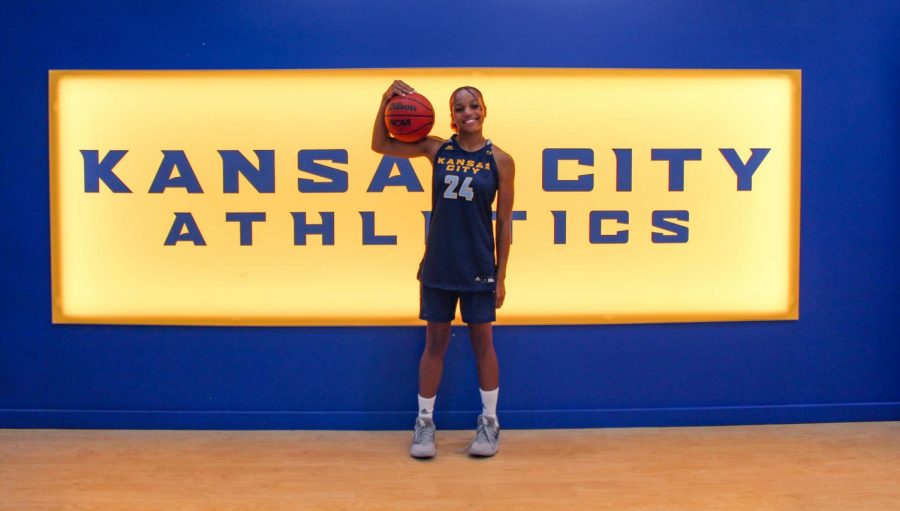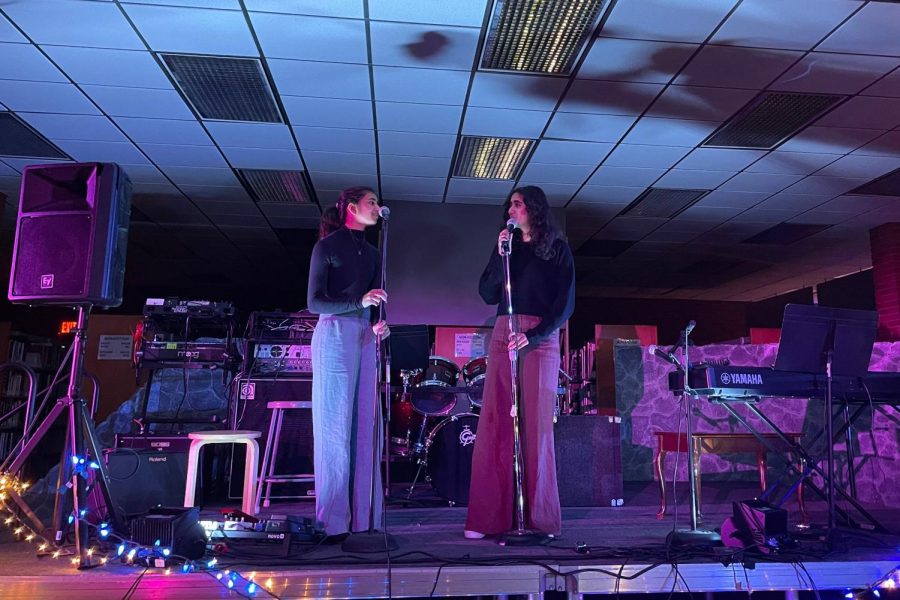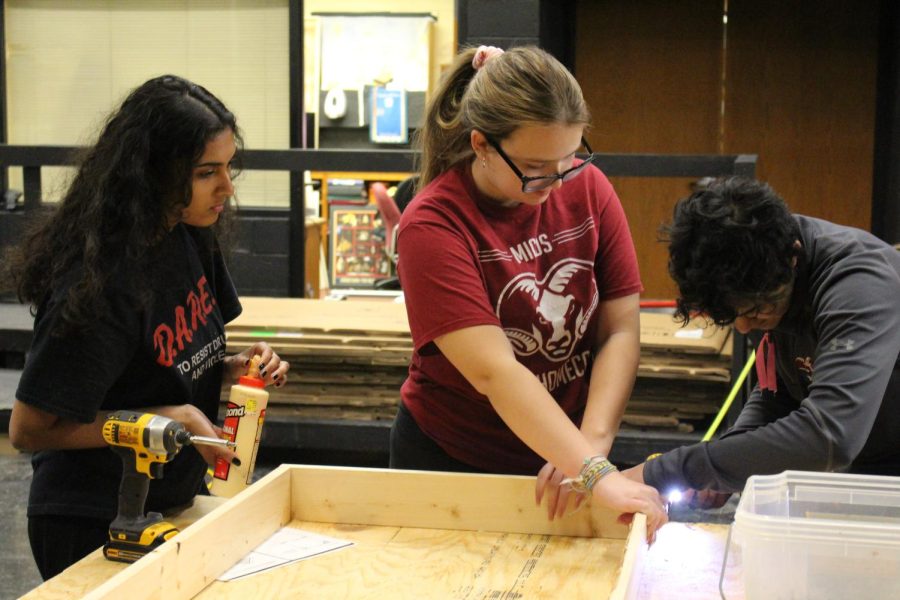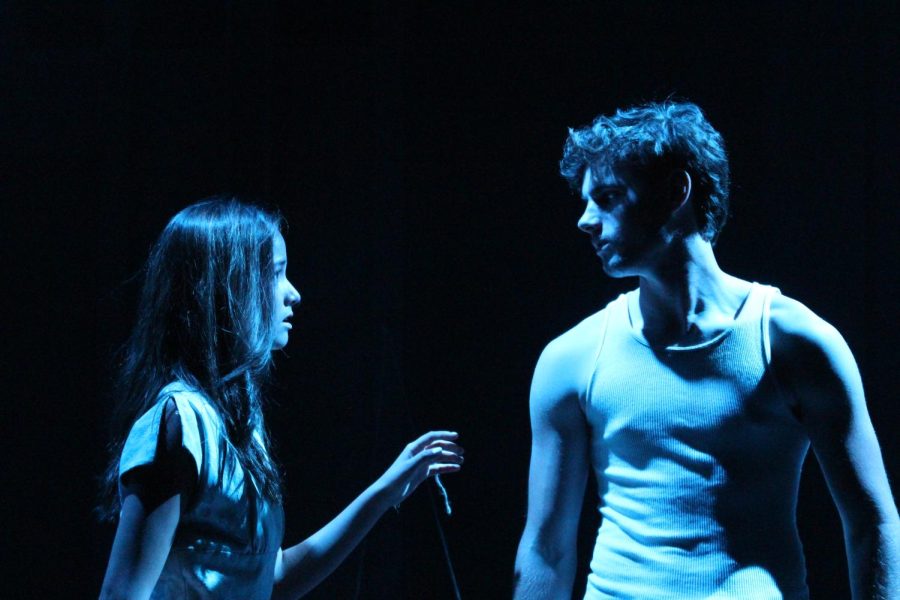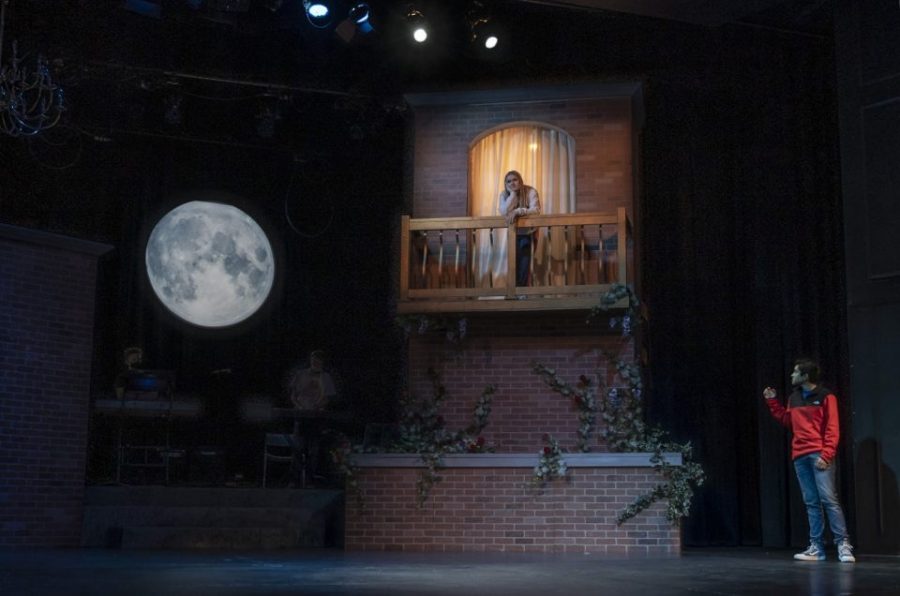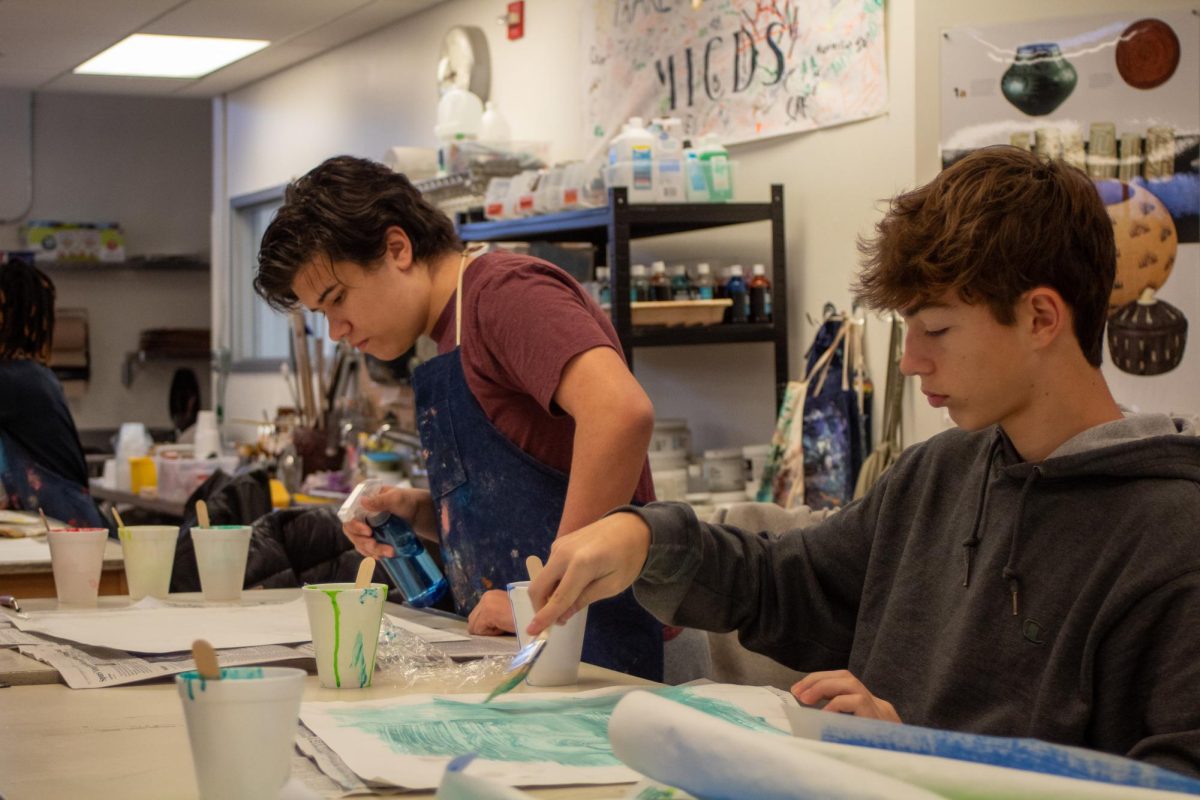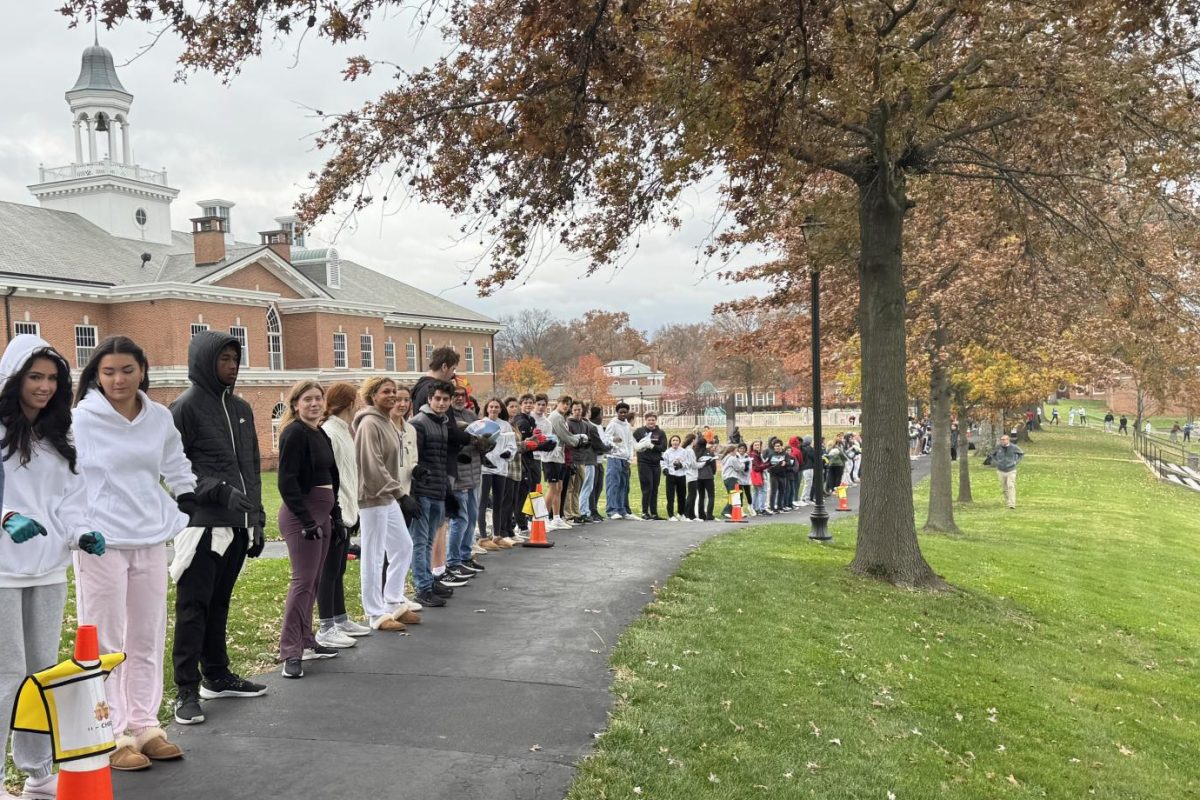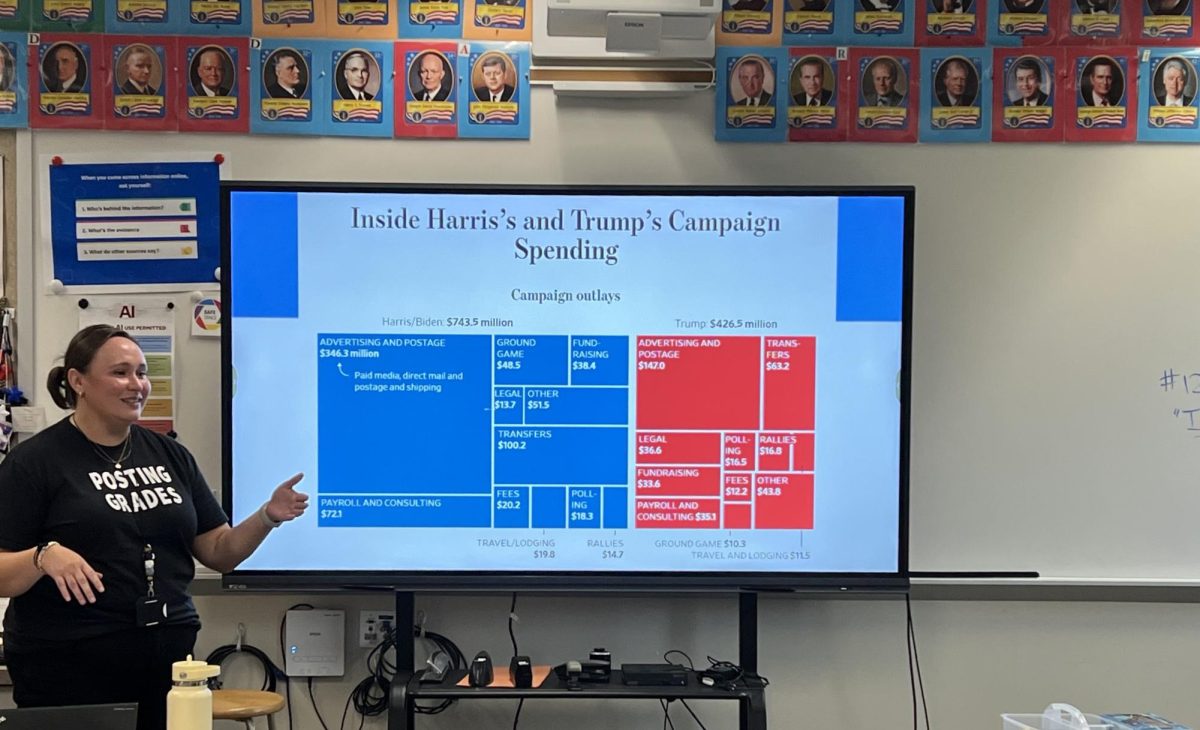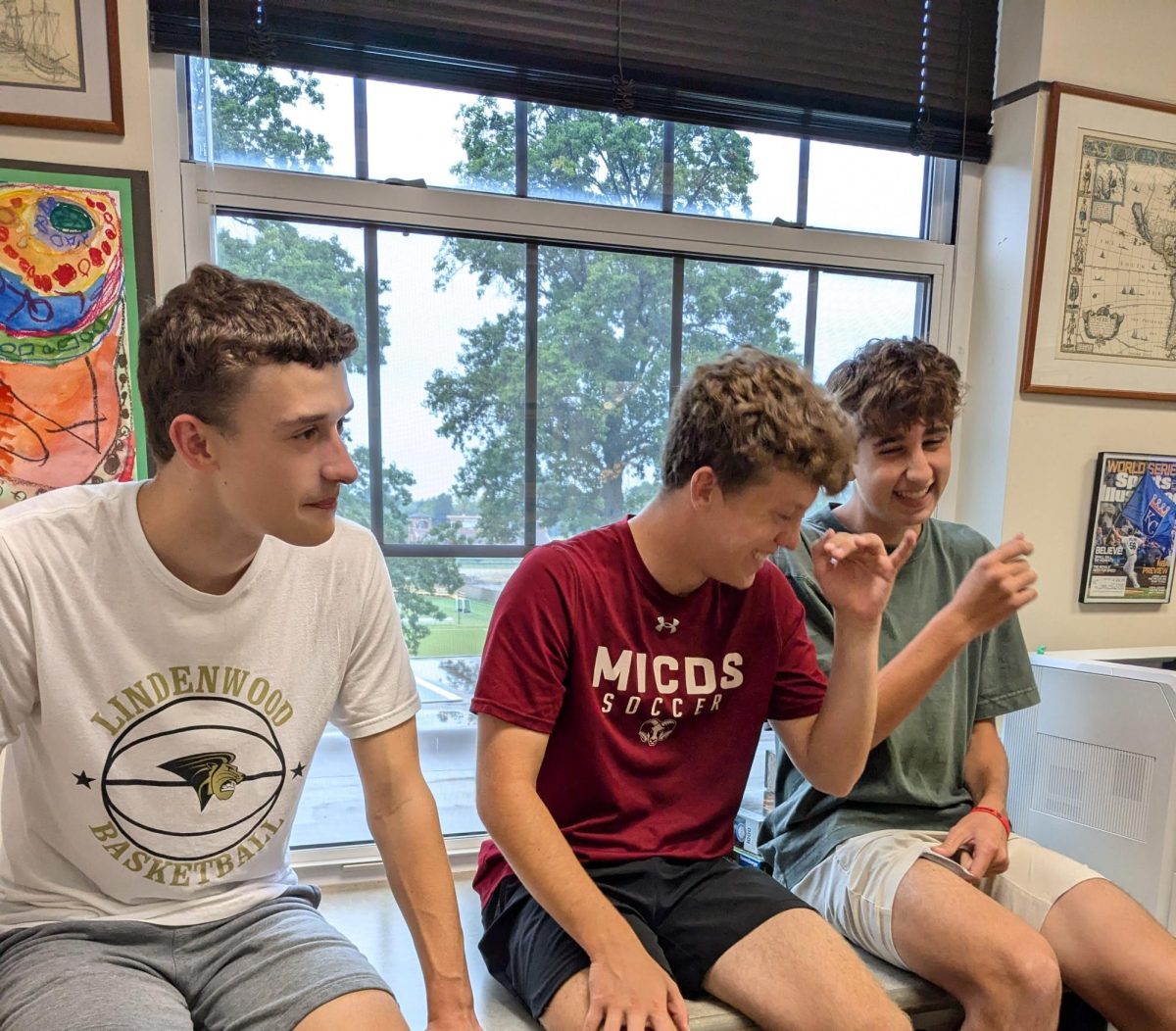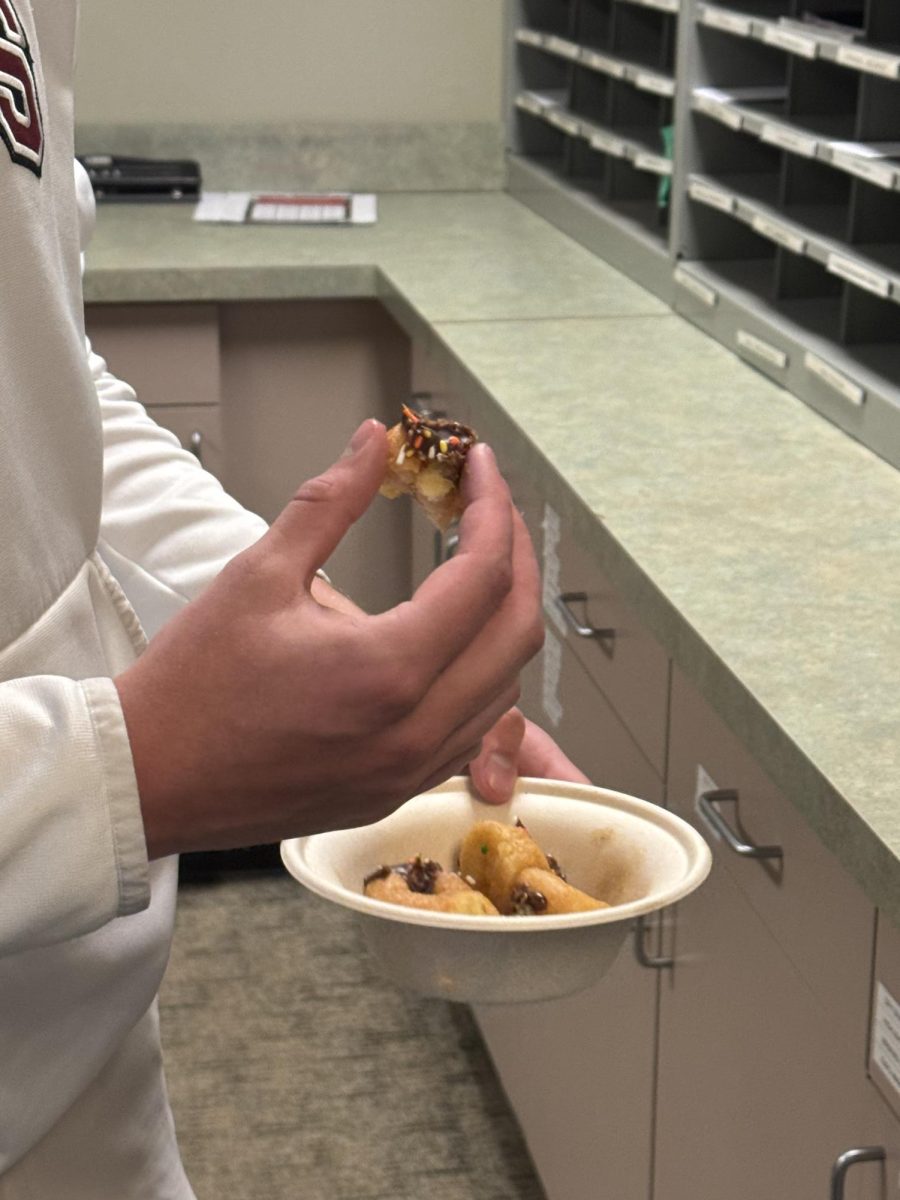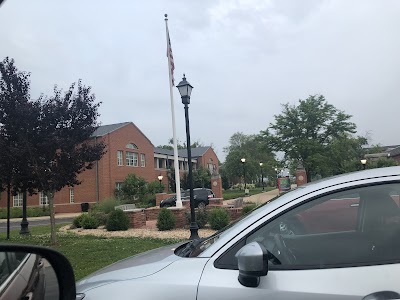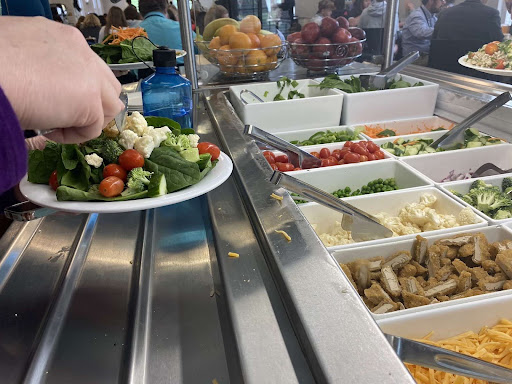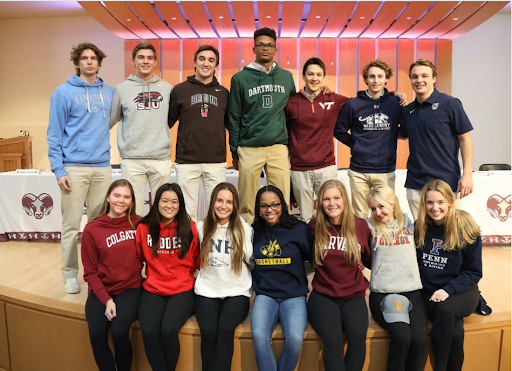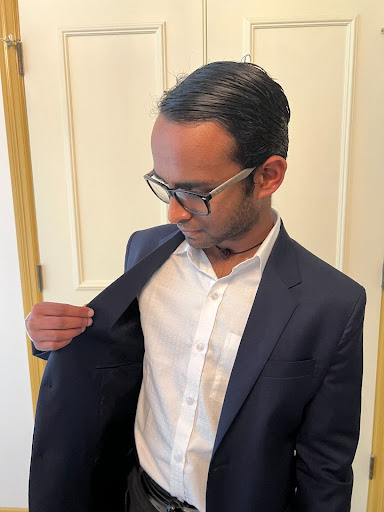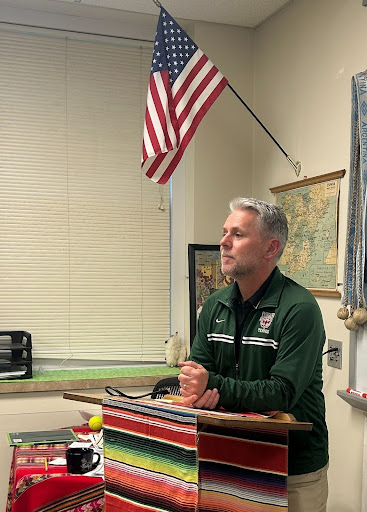As the 2024 presidential election approaches, MICDS students and teachers feel the weight of a consequential election. With heightened polarization, varying beliefs, and concerns about the future, the election has sparked discussions across campus.
“I think it’s probably one of the more significant elections in modern political history, culturally and socially…considering the divisions that are being exacerbated by not only the politicians themselves but for-profit news cycles and corporations with vested interests that are sowing division. That is, they’re creating a false sense of the division that actually exists between a lot of people,” Jason Asher, history teacher, said. He commented on the implications that the messaging around this election tends to focus on negativity: “I think we lose sight of some things because of the rhetoric that is being used, particularly the rhetoric about the doom and gloom of our present and our future and the alienation and dehumanization of others,” Asher said.
Students also shared their experiences within this climate of division.
“Political division has increased. It’s kind of natural when you have two candidates that are so different,” Noah Coen ‘25 said. Reflecting on the tense atmosphere, Coen said, “I feel like a lot of people are too politically and civilly charged.”
“I think everything has become more and more politically charged, and people are polarized against each other, feeling like there’s going to be some sort of conflict,” Aiyla Ahmad ‘26, a student in the Presidential Politics class, said.
“I feel like I’m not comfortable voicing my political views because I have a lot of chances to turn people against me if I do,” James Morey ‘25 said.
Students were asked about their perceptions of social media’s influence on their political beliefs and how it plays a role in the upcoming election.
“There’s a lot of news out there that isn’t always reliable. So you’ve got to be careful with what you see,” Coen said.
“I feel like it spreads awareness about politics and what’s happening,” Ahmad said.
“Social media makes us echo chambers and stuff for political views,” Morey said.
Despite anxieties, there is a mix of optimism and concern for the future.
“Young people will continue to be much more optimistic and pragmatic than older people are,” Asher said.
“I feel very anxious because a lot of people are angry, and it doesn’t seem like it’s getting better,” Morey said.
Only students aged 18 will be able to vote on November 5, but there are other opportunities to involve oneself in the electoral process.
“I won’t be voting, but I may be volunteering at the polling place,” Ahmad said.
As the election comes closer, the hope for unity remains.
“We have to converse to understand and not convince,” Asher said. “I think if we can get to a point to recognize that even if the person we voted for had an R or a D in front of their name, what really is important to us, no matter what demographic we come from in general, are the same things. We want our kids to be healthy, happy, to have good schools, and to feel safe. We want our kids to be able to do better than we did and have opportunities. I think for the vast majority of Americans, those are all still values that we cherish,” Asher said.

